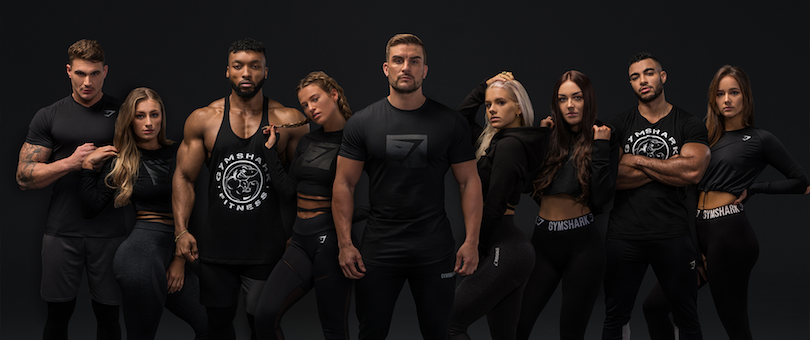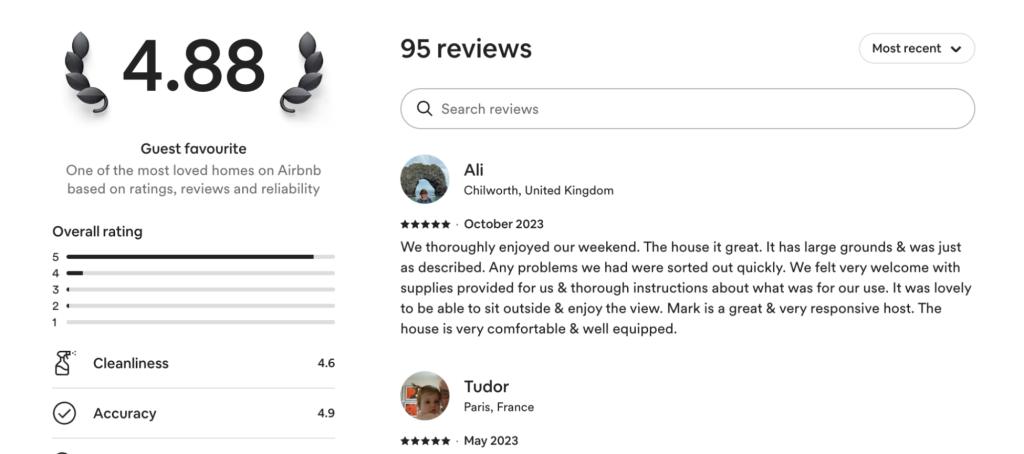Why social proof matters.
Imagine standing outside two restaurants. One is full of customers, the other is empty. Most of us would instinctively choose the busy one. That’s social proof at work. It’s the human tendency to assume that if other people approve of something, it must be safe, credible, and worth trying.
In marketing, social proof reduces the uncertainty that comes with decision-making. When faced with too many choices, or when the risk feels high, people look for signals that others have already made the leap. Surveys repeatedly show that recommendations from friends, family, and peers are trusted far more than brand advertising.
For marketers, the lesson is clear: when real people validate your product or service, it does more to build trust than any slogan or sales pitch.
The psychology behind social proof.
The concept of social proof comes from behavioural science. Robert Cialdini, in his book Influence, identified it as one of the six key principles of persuasion. The idea is simple: in uncertain situations, people look to others to decide how to act.
For customers, uncertainty is everywhere:
- Is this product good quality?
- Will it work for me?
- Is it worth the money?
- Can I trust this company?
Social proof answers these questions by providing evidence from others. Seeing reviews, testimonials, or influencers backing a brand creates the reassurance that “people like me” have had a positive experience. This credibility lowers the perceived risk of purchase.
The main types of social proof.
Reviews and ratings
Star ratings, written feedback, and video reviews provide immediate reassurance. Platforms like Amazon, TripAdvisor, and Trustpilot show how powerful this can be. A single negative review can hurt sales, while a collection of positive ones can drive them significantly higher. Reviews work best when purchases feel risky or expensive, because customers want extra validation.
Case studies and testimonials
In B2B marketing, testimonials and case studies often carry more weight than product specs. A testimonial is a quick human proof point, while a case study shows evidence in detail: the problem faced, the solution offered, and the results achieved. Together, they give potential buyers confidence that your service works in real-world conditions.
Influencers and micro-influencers
Influencers bridge the gap between brands and audiences. Big influencers can generate wide reach, but micro-influencers, those with smaller, more engaged communities, are often more effective. Their recommendations feel authentic, not scripted. A micro-influencer with 5,000 loyal followers may spark more conversions than a celebrity with a million passive ones.
User-generated content (UGC)
UGC is one of the most authentic forms of social proof. Customers posting photos, TikTok videos, or reviews on Instagram provide raw, unfiltered evidence that a product fits into real lives. It’s powerful because it doesn’t look like advertising. Brands like Glossier, GoPro, and Gymshark thrive on amplifying customer-created content.

Gymshark influencers.
Examples of social proof in action.
- Airbnb: Few people would stay in a stranger’s home without reassurance. Reviews became the foundation of Airbnb’s business model. By allowing guests to rate hosts (and vice versa), Airbnb built trust in a category where traditional branding would never be enough.
- GoPro: Instead of running glossy campaigns, GoPro let customers create the story. The brand encouraged adventurers to share footage captured on their cameras. This user-generated content didn’t just demonstrate the product’s quality – it built an entire lifestyle brand around adventure and creativity.
- TripAdvisor: Travel decisions involve high stakes – cost, time, and once-in-a-lifetime experiences. TripAdvisor used millions of customer reviews to position itself as the go-to source of truth, shaping travel choices across the world.
How small businesses can leverage social proof
You don’t need a huge budget to make social proof work for you.
- Encourage reviews. A simple follow-up email asking for feedback can build a bank of reviews over time. Small incentives, like discounts on future purchases, can help.
- Amplify customer voices. Repost photos, quotes, or comments with permission. Highlighting authentic customer stories makes your brand relatable.
- Use small or local influencers. Local voices often have stronger connections to your community. A recommendation from someone trusted in the area can carry more weight than a national campaign.
- Highlight everyday proof. Even small numbers, “Trusted by 500 local families” or “Rated 4.8/5 by our customers”, build credibility.
 Airbnb reviews.
Airbnb reviews.
Best practice for marketers.
To get the most out of social proof, keep these principles in mind:
- Authenticity matters most. Overly polished testimonials or influencer content that feels scripted will be dismissed. Keep it real.
- Match the proof to the audience. B2B buyers want case studies. Younger audiences might respond more to TikTok reviews.
- Balance quality and quantity. One glowing testimonial can be powerful, but a consistent stream of social proof builds trust over time.
- Make it visible. Don’t hide reviews in a sub-page. Place them where decisions happen – on product pages, sign-up forms, and ads.
The risks of social proof.
Social proof is powerful, but it’s not a silver bullet. Brands must manage it carefully. Fake reviews or misleading endorsements can destroy trust. Over-reliance on influencers may backfire if they face credibility issues. And UGC without moderation risks showing your brand in the wrong light.
The best approach is to see social proof as part of a wider trust strategy – one that includes great products, transparent communication, and consistent delivery.
Takeaway.
Social proof works because it reduces uncertainty. In a world full of choice, people want reassurance from others before they buy. Whether it’s a star rating, a testimonial, an influencer’s endorsement, or a customer video, these voices build trust in ways brand messages alone cannot.
For marketers, the challenge is not whether to use social proof – but how to use it well. Keep it authentic, make it relevant, and let your customers tell the story.



